Israeli Foreign Minister Moshe Sharett to the Knesset, 1949
Sharett gives an overview of Israeli foreign policy, key issues, and relationships with UN and Arab states.
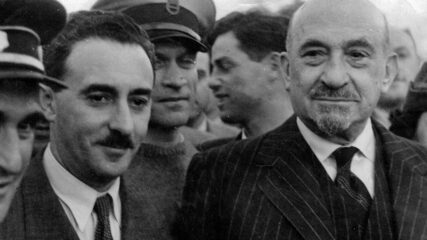
Sharett gives an overview of Israeli foreign policy, key issues, and relationships with UN and Arab states.

With crisp analysis, Haganah Commander Yigal Allon, later a Prime Minister of Israel attributes Israel’s successes to multiple factors including the absence of a centralized Arab command, limited Arab military training, underestimating the potential fighting capabilities of local Arabs, and Israel’s success in integrating its citizens into the war effort.

Palestine Liberation Organization seeks Israel’s destruction through armed struggle. It retains this stated policy until December 1988.
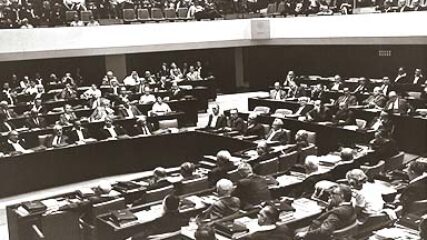
After the June 1967 war, the Israeli government sent word through the United States to Egypt and Syria seeking to jump-start a peace process. Apparently no response was received.
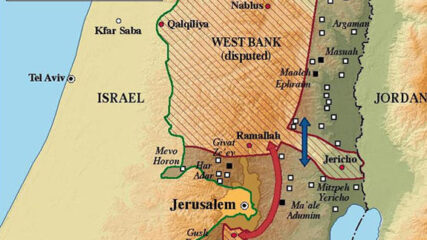
July 26, 1967: The Alon Plan reflects a response to Israel’s pre-1967 war border vulnerability seeking a future west bank arrangement that is not a strategic/geographic threat to Israel and its coastal plain population centers.

Arab states declare “no peace, no negotiation, no recognition” with Israel after their collective defeat in the June 1967 War.
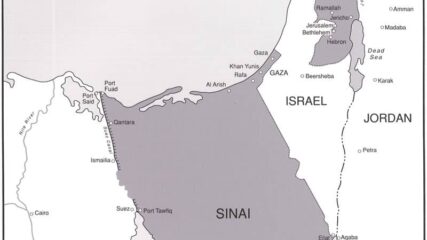
The Resolution calls for unspecified Israel withdrawal from territories in return for right of all states to live in peace. It does not call for full withdrawal. It is the basis of Egyptian (1979) and Jordanian (1994) Treaties with Israel, and PLO (1993) recognition of Israel.
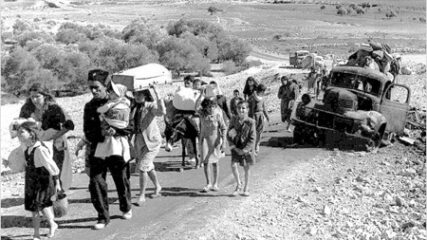
Without any consultation with Jerusalem, Israel rejects US proposal for full withdrawal.
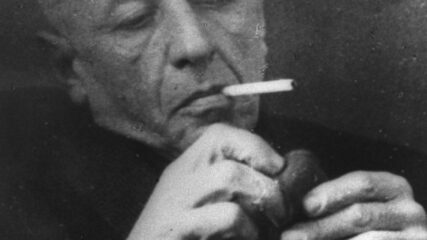
One of Israel’s greatest writers, Natan Alterman, reminded Israel’s accusers in 1969 that well into the 20th century the Palestinians did not even understand themselves as a separate people with a distinctive national identity marking them off from other Arabs. His argument, if framed as a question, might be formulated along these lines: If no one else, not least the Palestinians’ ancestors, saw their distinctive nation in Ottoman Palestine, how can the Zionists be blamed for not seeing one either? Thus, to fault the Zionists for failing to see what was not yet visible to anyone else, including the Palestinians, is to fault them not for suffering from blindness, but for lacking clairvoyance.
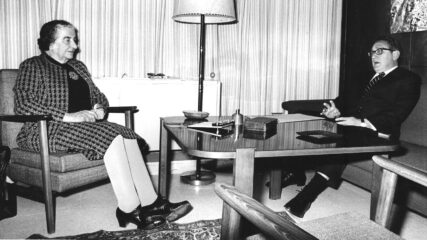
In carrying out research in the 1990s for Heroic Diplomacy: Sadat, Kissinger, Carter, Begin and the Quest for Arab-Israeli Peace, Routledge, 1999, I undertook 84 interviews with individuals who participated in the diplomacy.

For the first time a US State Department official states the “legitimate interests of the Palestinian Arabs must be taken into account in the negotiating of an Arab-Israeli peace.”

The vast gulf in US and Israeli positions about Palestinian self-determination, the degree of withdrawal from the West Bank, and future borders is precisely stated. A year later at the end of the Camp David negotiations, Israeli and US views had not changed at all.

Naively, the Carter Administration believes that a conference with the USSR would start comprehensive negotiations; instead, the fear of Moscow’s engagement helps drive direct Egyptian-Israeli talks.

Five weeks after Egyptian President Anwar Sadat flew to Jerusalem in November 1977, to accelerate Egyptian – Israeli negotiations, Begin brought to President Jimmy Carter, Israel’s response to Sadat’s peace initiative: political autonomy for the Palestinians in the West Bank and Gaza Strip. No Palestinian state was considered.
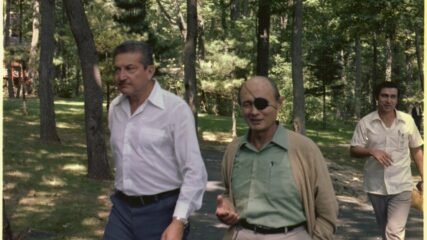
September 7, 1978 Source: Israel State Archives/Box/A4314/1. Notes taken by Elyakim Rubinstein. By the time the American, Egyptian and Israeli delegations convened at Camp David, dozens of direct meetings had occurred between Israeli and Egyptian…
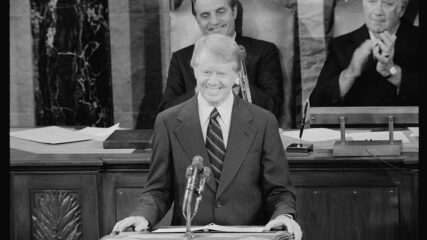
September 16, 1978 Source: Israel State Archives/Box/A4314/1. Notes taken by Simcha Dinitz. Discussion at Camp David, Maryland, on the use of U.N. Security Council Resolution 242 Top Secret Participants: Vance, Mondale, Brzezinski, Lewis, Dayan, Barak…

Carefully sandwiched between Carter’s high-risk presidential visit to Egypt and Israel on March 10, 1979—to solve contentious disagreements between Sadat and Begin—and the Peace Treaty signing on March 26, 1979, his administration gladly votes at the UN to deplore Israeli settlement building; including demographic changes in Jerusalem. After the Peace Treaty signing, until it leaves office in 1981, the Carter administration will continue to barrage Israel with condemnation for settlement building.

This was the second UNSC Resolution within four months supported by the Carter administration condemning Israel’s settlement building in the territories. It too greatly angered the Israeli government and American supporters of Israel.

Showing its public opposition to Israeli actions in the lands taken in the June 1967 war, an area that the Carter Administration
wanted reserved for Palestinian self-rule, it ‘strongly deplores’ Israel’s settlement policies. Passage of the resolution three weeks
prior to the New York and Connecticut presidential primaries, cause many Jewish voters to vote in favor of Ted Kennedy
and not for Carter, helping to splinter the Democratic Party.
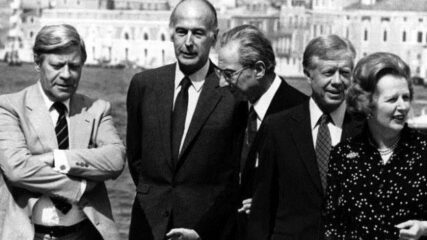
It calls for “recognition of the legitimate rights of the Palestinian people, a just solution to the
Palestinian problem, the right to self-determination, [and] for PLO association to the negotiations.”

Failing to account for the effects on his re-election hopes, President Jimmy Carter for the second of three times in 1980 lets the U.N. Security Council enact a resolution criticizing Israeli behavior beyond the Green Line.

The United States abstains on a Security Council resolution declaring Israel’s Basic Law on Jerusalem to be in violation of international law.
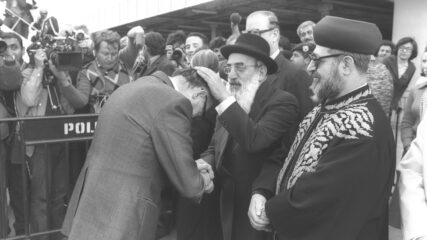
Prime Minister Menachem Begin argues for the return of Rafah to Egypt; the greater purpose is implementation of the Egyptian-Israeli Treaty, which also meant Israel”s withdrawal from settlements in Sinai near Rafah. Egypt in treaty negotiations with Israel, did not want to have the Gaza Strip again under their administration as they had between 1949 until after the June 1967 War

US endorses application of UN Resolution 242 to the West Bank and Gaza, and seeks Palestinian
control over land and resources, and for the territories to be affiliated with Jordan.